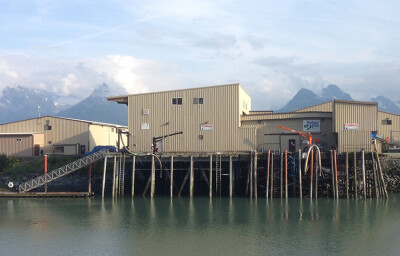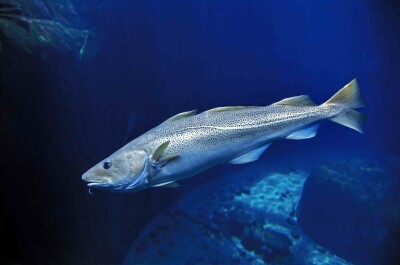WASHINGTON (Saving Seafood) May 21, 2013 — Dr. Kevin Stokesbury, associate professor and chair of the Department of Fisheries Oceanography at the University of Massachusetts-Dartmouth's School for Marine Science and Technology (SMAST) testified on fisheries data collection before a House subcommittee on Capitol Hill today.
Dr. Stokesbury's testimony addressed alternative acoustic and video survey techniques developed by SMAST which have been used to conduct sea scallop surveys. The House Subcommittee on Fisheries, Wildlife, Oceans and Insular Affairs took interest in whether or not similar video survey techniques, currently being investigated by Dr. Stokesbury, could be applied to other fisheries. Dr. Stokesbury testified that preliminary results from a recent test of such as system look promising.
Dr. Stokesbury told the committed he believes "fisheries research should return to the fundamental principal of field ecology, seeking absolute measures." He discussed how his team of researchers worked together with fishermen using "donated food, fuel and fishermen's time" to seek absolute measures of scallop abundance. This led to a doubling of the measures of scallop abundance worth approximately $2.4 billion. This system of measurement has been accepted by the National Marine Fishing Service, and has been published in 25 peer-reviewed scientific papers..
"To me the way forward is to get out there, and work with the fishermen measuring what's going on. If we can use new technologies to look at these populations clearly and simply, perhaps we can start grasping their underlying dynamics," Dr. Stokesbury said.
Read the full story at Saving Seafood>>






